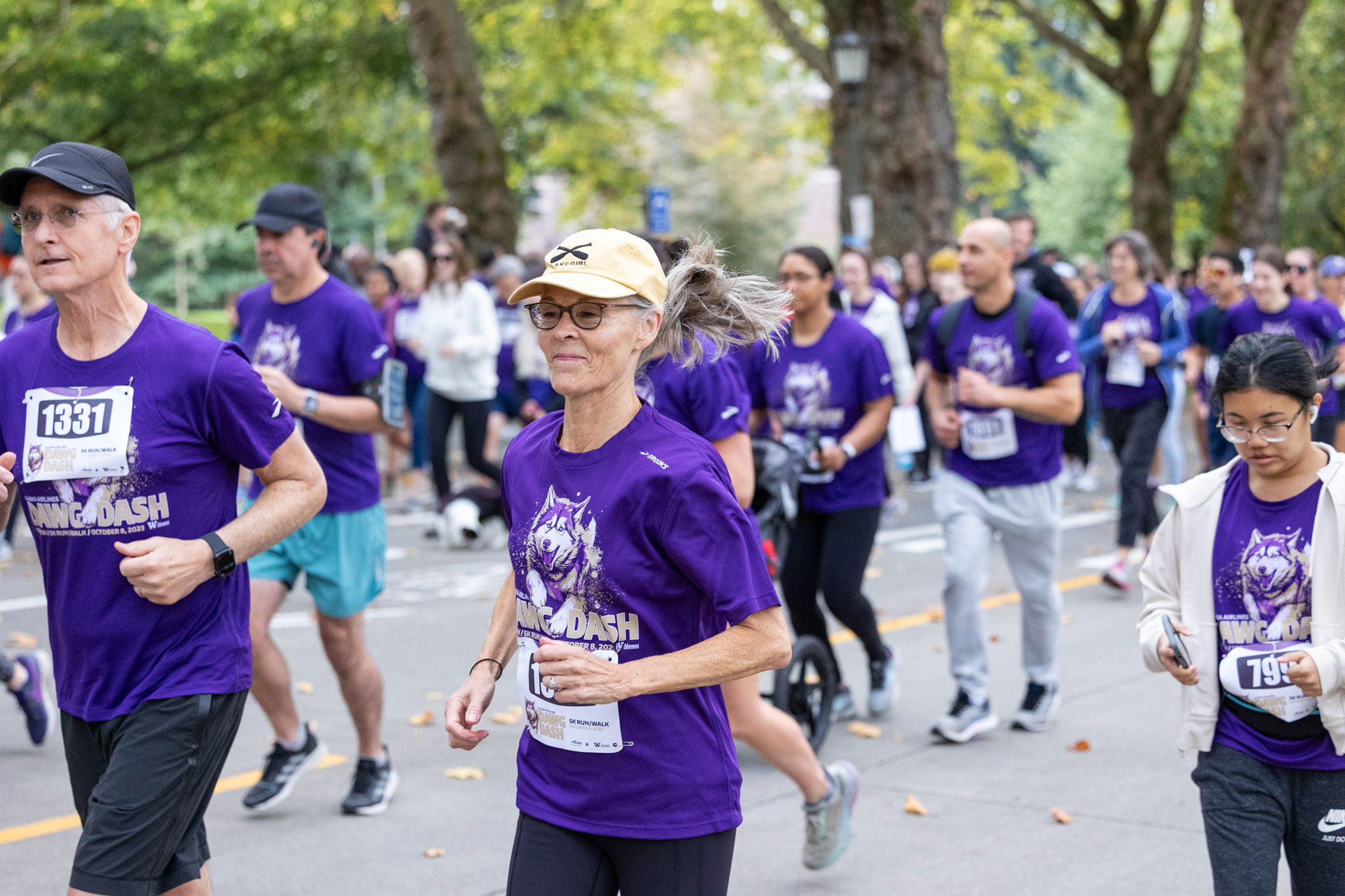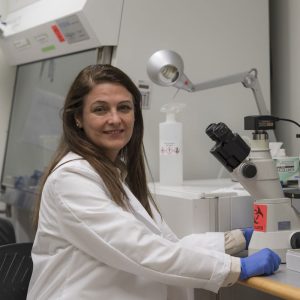Redefining aging Redefining aging Redefining aging
The UW-created Health Octo Tool measures biological age, offering a more accurate picture of aging and a guide for living longer and healthier lives.
By Caitlin Klask | September 2025

Elizabeth Sullivan claimed in 2015 that the secret to her 104 years was drinking three Dr. Peppers each day. Jessie Gallan, who was 109 when she died in 2015, attributed her long life to eating porridge, fitness and “staying away from men.” New insights into healthy aging, according to UW researchers, can be found in eight health markers—including walking speed and your number of organ-specific diseases.
UW School of Medicine researchers have created the Health Octo Tool, a holistic assessment using individuals’ health exams and lab tests that analyze 13 bodily systems. Using data from 45,000 survey participants, Dr. Shabnam Salimi, a physician-scientist at the UW Medicine Healthy Aging & Longevity Research Institute, and her team developed a method to calculate an individual’s biological age, or how old your organs’ cells are. Chronological age, which is how long you’ve been alive, provides a less complete picture of an individual’s health and mortality risk. If your biological age is older than your chronological age, it might be time to make lifestyle changes.
Dr. Daniel Raftery, professor of anesthesiology and pain medicine, and Dr. Luigi Ferrucci, scientific director of the National Institute on Aging, are the senior co-authors of the Nature Communications paper that announced the tool.

Dr. Shabnam Salimi, part of the Healthy Aging & Longevity Research Institute, developed the BodyClock and HealthOctoTool to understand biological aging at a more personalized level.
The Health Octo Tool is named for the eight metrics Salimi and her team examined including body clock, body age, organ-specific health, walking speed and cognitive and physical disability. This tool can predict an individual’s risk for disability or death based on their physical exam and test results alone with more than 90% accuracy. “This tool has the potential to help people better understand their rate of aging, optimize the use of health-care resources and track changes in their health over time,” Salimi says.
The Health Octo Tool also allows for more targeted and personalized care plans. It could contribute to the development of new biomarkers and therapeutics that target organ-specific or whole-body aging.
Now the UW team is developing an app so patients and their health-care providers can check on their biological age—which measures an individual’s physiological health and how fast their cells, tissues and organs are aging—and make such lifestyle adjustments as cutting back on alcohol or getting regular cancer screenings.
“My hope is that the Health Octo Tool will become part of a healthy lifestyle, empowering individuals to monitor their biological age and assess how lifestyle changes or medical interventions impact their long-term health,” Salimi says.
As researchers unlock the science behind aging, instruments like the Health Octo Tool are shifting the focus from how many years we’ve lived to how well our bodies are holding up, and how to make corrections when it’s not. Whether it’s porridge or a personalized health assessment, the future of aging may lie in understanding—and acting on—our biological age.